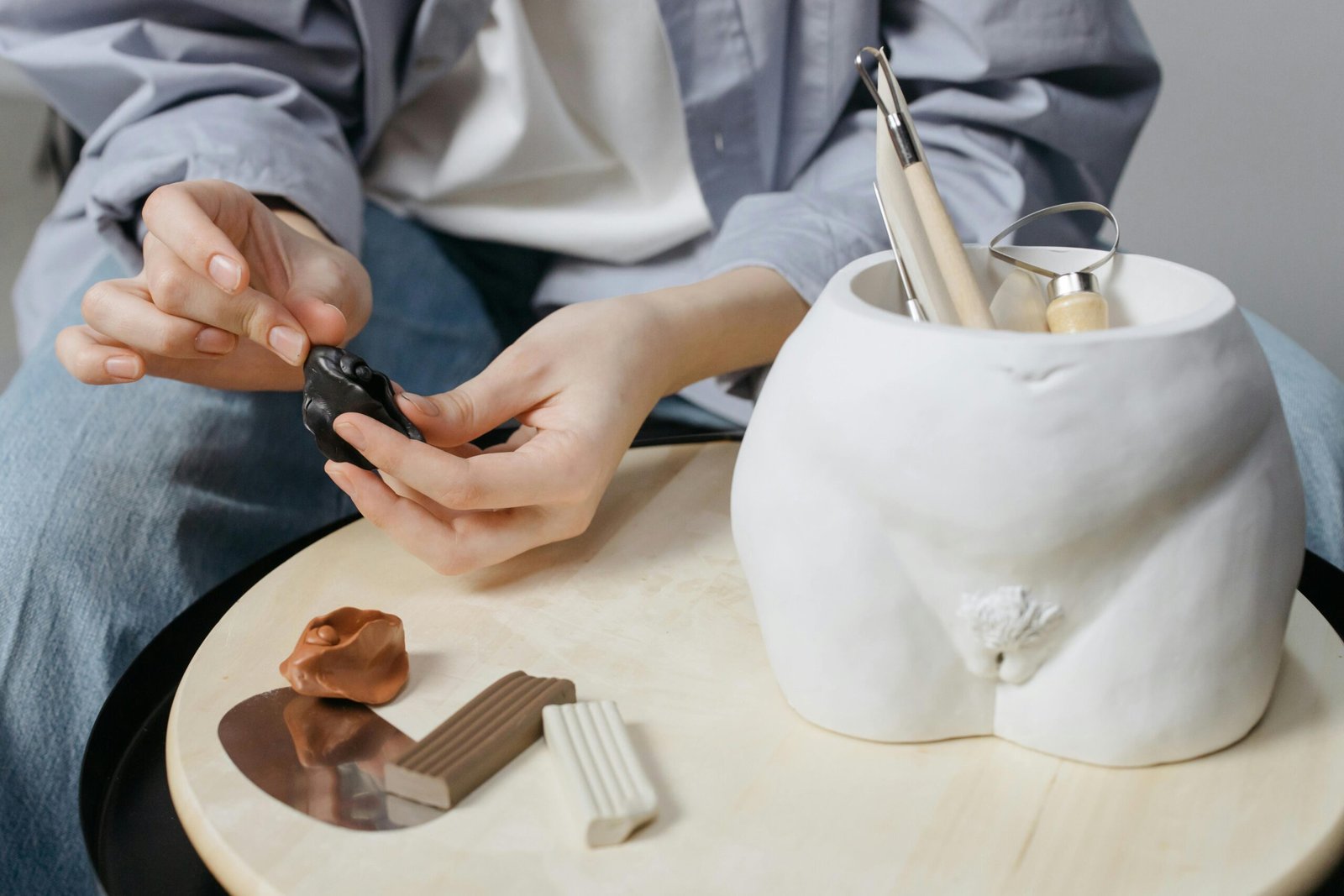
Have you ever woken up with a stiff neck after sleeping in an odd position? We’ve all been there, and it can be incredibly bothersome. But fret not, because we’ve got you covered with some simple and effective ways to relieve that nagging neck pain. Whether you twisted and turned into a pretzel-like position or fell asleep on your couch, these tips will help you find quick relief and get your day back on track. So, say goodbye to that discomfort and hello to a pain-free morning.

Understanding Neck Pain
Neck pain can be a real nuisance, causing discomfort and interfering with your everyday activities. It’s important to understand the causes of neck pain so that you can take steps to prevent it in the future. One common cause of neck pain is sleeping in a weird position. When you sleep in an awkward position, your neck may be strained or twisted, leading to pain and stiffness.
Causes of Neck Pain
There are several factors that can contribute to neck pain after sleeping in a weird position. One major factor is the type of pillow you’re using. If your pillow doesn’t provide adequate support to your neck and head, it can cause strain and discomfort. Another factor to consider is your sleep environment. If your mattress is old and worn-out, it may not provide the right level of support, leading to neck pain. Lastly, your sleep posture plays a crucial role. Sleeping with your neck twisted or bent at an odd angle can result in pain and stiffness the next morning.
Effects of Sleeping in a Weird Position
Sleeping in a weird position can have various effects on your body. One of the most obvious effects is neck pain. This pain can range from a mild discomfort to severe stiffness and can make it challenging to move your neck freely. Sleeping in an awkward position can also cause muscle spasms, which can further intensify the pain. Additionally, you may experience headaches, shoulder pain, and even tingling or numbness in your arms if the nerves in your neck are compressed or irritated.

Preventing Neck Pain
Prevention is always better than a cure when it comes to neck pain. By taking a few simple steps, you can minimize the chances of waking up with a sore neck. Choosing the right pillow is crucial in maintaining proper neck alignment during sleep. Look for a pillow that provides adequate support for your head and neck, keeping them in a neutral position. Additionally, creating a supportive sleep environment is vital. Invest in a good mattress that offers ample support for your body. Maintaining proper sleep posture by aligning your neck, spine, and body is also key in preventing neck pain. Lastly, stretching before bed can help to relax your neck muscles and improve flexibility, reducing the likelihood of discomfort.
Choosing the Right Pillow
Choosing the right pillow can make a world of difference when it comes to preventing neck pain. Look for a pillow that suits your preferred sleep position as well as the natural curve of your neck. Side sleepers may benefit from a firmer pillow with extra support, while back sleepers should opt for a medium-firm pillow that keeps the neck properly aligned. Stomach sleepers, on the other hand, should choose a softer and flatter pillow to avoid excessive neck extension.
Creating a Supportive Sleep Environment
Your sleep environment plays a significant role in the quality of your sleep and the health of your neck. Make sure your mattress is firm enough to provide adequate support throughout the night. Avoid sagging or worn-out mattresses that can contribute to poor sleep posture and increased pain. Additionally, invest in a supportive pillow and consider using a mattress topper or a cervical pillow for added comfort and spinal alignment.

Maintaining Proper Sleep Posture
Maintaining proper sleep posture is crucial in preventing neck pain. When lying on your back, use a pillow that supports the natural curve of your neck and keeps your head aligned with your spine. If you prefer sleeping on your side, make sure to keep your spine straight and use a pillow that fills the gap between your neck and shoulder. Avoid sleeping on your stomach as it forces your neck into an unnatural position for extended periods, increasing the risk of discomfort.
Stretching Before Bed
Stretching before bed can do wonders for reducing neck pain. Incorporate some gentle stretching exercises into your bedtime routine to help relax your neck muscles and increase flexibility. Simple stretches like neck rotations, side bends, and gentle head tilts can alleviate tension and improve blood circulation to the neck area. Remember to perform the stretches slowly and without any jerking motions to avoid further strain.
Immediate Relief Techniques
If you find yourself waking up with neck pain, there are several immediate relief techniques you can try to alleviate the discomfort. Applying heat or cold therapy is one such technique. You can use a heating pad or a warm towel to relax tense muscles, or alternatively, apply an ice pack wrapped in a cloth to reduce inflammation. Pain relief creams or ointments containing menthol or capsaicin can also provide temporary relief by numbing the area and relieving pain. Over-the-counter painkillers such as nonsteroidal anti-inflammatory drugs (NSAIDs) can be helpful in reducing both pain and inflammation. Lastly, gentle neck exercises, like slow neck rolls and gentle stretching, can promote blood flow and relieve muscle tension.
Home Remedies
In addition to immediate relief techniques, there are several home remedies that can help alleviate neck pain. One simple remedy is applying a hot or cold compress to the affected area. A hot compress helps relax the muscles, while a cold compress can reduce swelling and numb the area temporarily. Taking an Epsom salt bath can also be beneficial. Epsom salt contains magnesium sulfate, which can relax muscles and reduce pain. Essential oils such as peppermint, lavender, or eucalyptus can be used for pain relief. Dilute a few drops of the oil in a carrier oil and massage it into your neck for soothing relief. Ginger or turmeric supplements can help reduce inflammation and alleviate pain when taken regularly. Lastly, sipping on herbal tea before bed, such as chamomile or valerian root tea, can promote relaxation and relieve tension in the neck muscles.
Professional Treatments
If your neck pain persists or becomes severe, it may be time to seek professional treatments. Physical therapy can be incredibly helpful in relieving neck pain and improving mobility. A qualified physical therapist can teach you specific exercises and stretches to target the problem areas and help strengthen the neck muscles. Chiropractic care is another option to consider. A chiropractor can perform spinal adjustments to realign your spine and reduce pain. Massage therapy is also effective in relieving muscle tension and promoting relaxation. A professional massage therapist can target the neck muscles to release knots and reduce pain. Acupuncture, an ancient Chinese practice, involves inserting thin needles into specific points on the body to promote pain relief and relaxation.
Overnight Solutions
If you find that your neck pain is primarily caused by your sleeping position, there are a few overnight solutions you can try. Using a neck brace or collar can provide extra support and help maintain proper alignment while you sleep. These devices can prevent excessive movement and promote healing. Another option is to sleep with a rolled towel or small pillow under your neck or between your shoulder and pillow to provide additional support. This can help prevent your neck from being in an awkward position throughout the night. You may also want to experiment with different sleep positions to find the one most comfortable for your neck. Lastly, using a neck pillow or supportive cushion can provide the right amount of support and alignment for your neck, relieving pain and promoting better sleep quality.
Preventing Future Neck Pain
To prevent future neck pain, it’s essential to maintain good sleep habits. Establish a consistent sleep schedule and ensure you get an adequate amount of sleep each night. Regular exercise and stretching can help keep your neck muscles strong and flexible, reducing the risk of pain and discomfort. It’s also important to evaluate your mattress and bedding regularly. Replace worn-out mattresses, pillows, and mattress toppers to ensure proper support and alignment. Lastly, avoid using electronic devices before bed as the blue light emitted can interfere with your sleep quality and lead to muscle tension.
When to Seek Medical Help
While most cases of neck pain can be resolved with home remedies and self-care, there are instances when seeking medical help is necessary. If your neck pain persists or worsens despite trying various remedies, it’s best to consult a healthcare professional. Additionally, if your neck pain is accompanied by other symptoms such as numbness, tingling, or weakness in your arms, it may indicate a more serious underlying condition and should not be ignored. People with underlying medical conditions such as arthritis or herniated discs should also seek medical help if neck pain arises.
Conclusion
Neck pain from sleeping in a weird position can be annoying, but with the right preventive measures and immediate relief techniques, you can alleviate the discomfort and prevent future episodes of pain. By choosing the right pillow, maintaining proper sleep posture, and creating a supportive sleep environment, you can significantly reduce the risk of waking up with a sore neck. If neck pain persists or worsens, professional treatments such as physical therapy, chiropractic care, massage therapy, or acupuncture can provide additional relief. Remember to take care of your neck, prioritize good sleep habits, and seek medical help when necessary for long-lasting neck pain relief.





